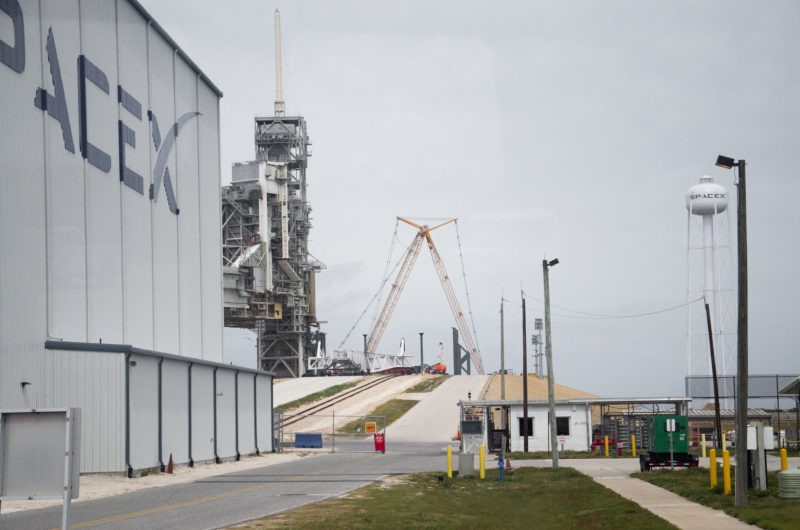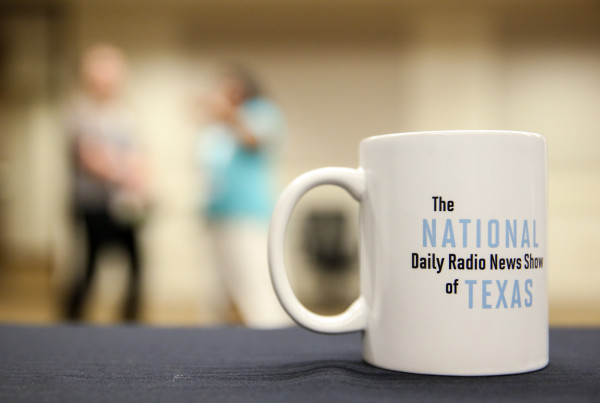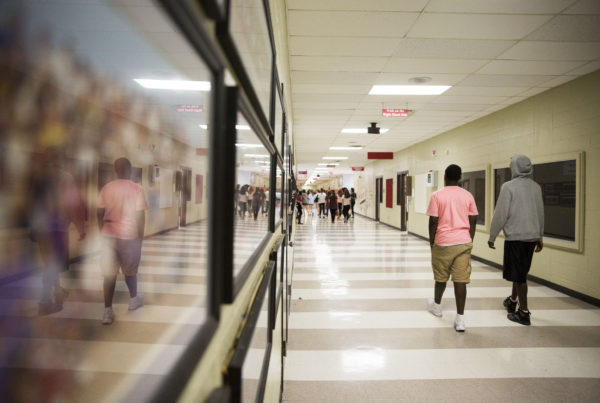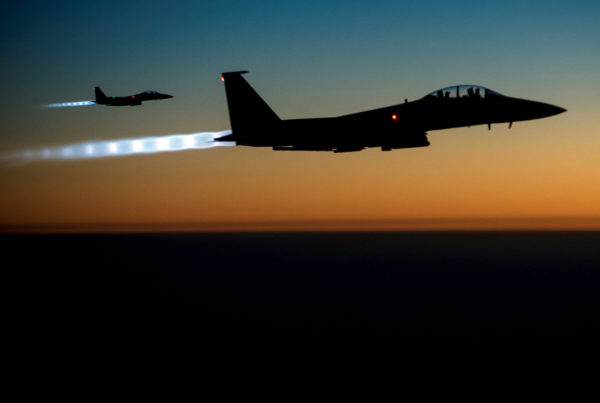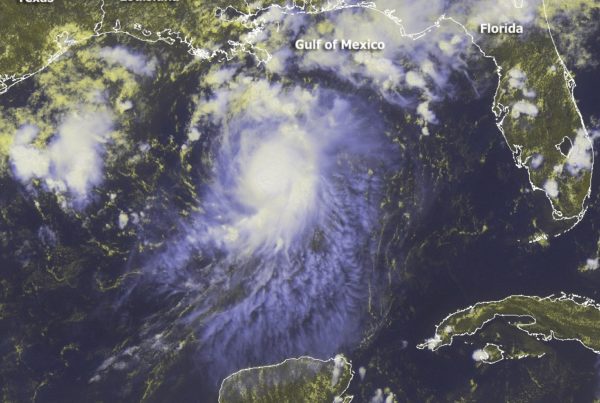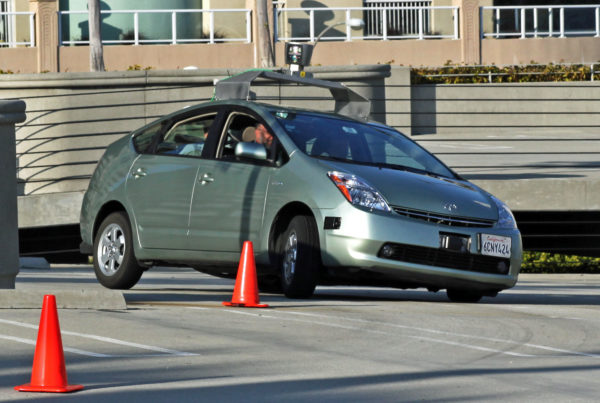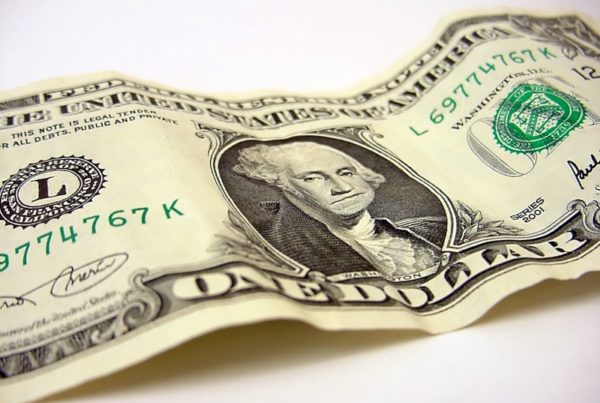It’s a bird, it’s a plane…it’s a space shuttle filled with tourists? While that idea sounds like science fiction, the reality of sending tourists to space is right around the corner – at least if you believe Amazon Chief Executive Jeff Bezos. He recently announced that Blue Origin, his private space company, could begin flying private citizens to the edge of the atmosphere by next year.
Elon Musk, the founder of SpaceX and Bezos’ chief competitor in private space flight, says his company plans to send two people around the moon and back by the end of 2018.
All of this raises the question of who will be writing and enforcing safety protocols for private space travel. As of now, the companies themselves will be writing their own safety rules, says Tim Fernholz, a writer for Quartz.
“We’re moving into a brave new era now where private companies are taking on more and more of the share of space work,” he says. “NASA is primarily a scientific and exploratory agency and they don’t want to be in charge of wrangling everybody in the country that wants to go to space.”
The Federal Aviation Administration (FAA), the agency that regulates airlines, will be in charge of creating and enforcing safety regulations. But its purview only goes so far.
“The FAA’s main jurisdiction is making sure nobody on the ground is hurt if something goes wrong, [like] if a rocket blows up,” Fernholz says. This is already happening in Van Horn, Texas, where Blue Origin has its headquarters.
The question of who will be in charge of keeping space tourists safe during flight is a gray area because the FAA doesn’t currently have control over that aspect of space flight. The agency has only made rules about things crew members must be protected from, or must have, because the crew is considered part of a flight’s safety system.
“Passengers are just told, ‘hey, the U.S. government did not certify this plane, here are the risks and sign on the dotted line’,” Fernholz says.
Until the number of private space tourists increases beyond the single digits, the question of who will write the rules remains on the back burner. There have been discussions about whether an independent commercial space flight regulatory body that is separate from the FAA should be created.
Fernholz says that the important thing to remember about space tourism is that it’s an industry with lots of delays. He cites Virgin Galactic as a prime example – the company has been working to send a private citizen to space since 2005, and still hasn’t launched a successful flight. It’s unlikely that the company will even begin operations before 2019.
Written by Molly Smith.


